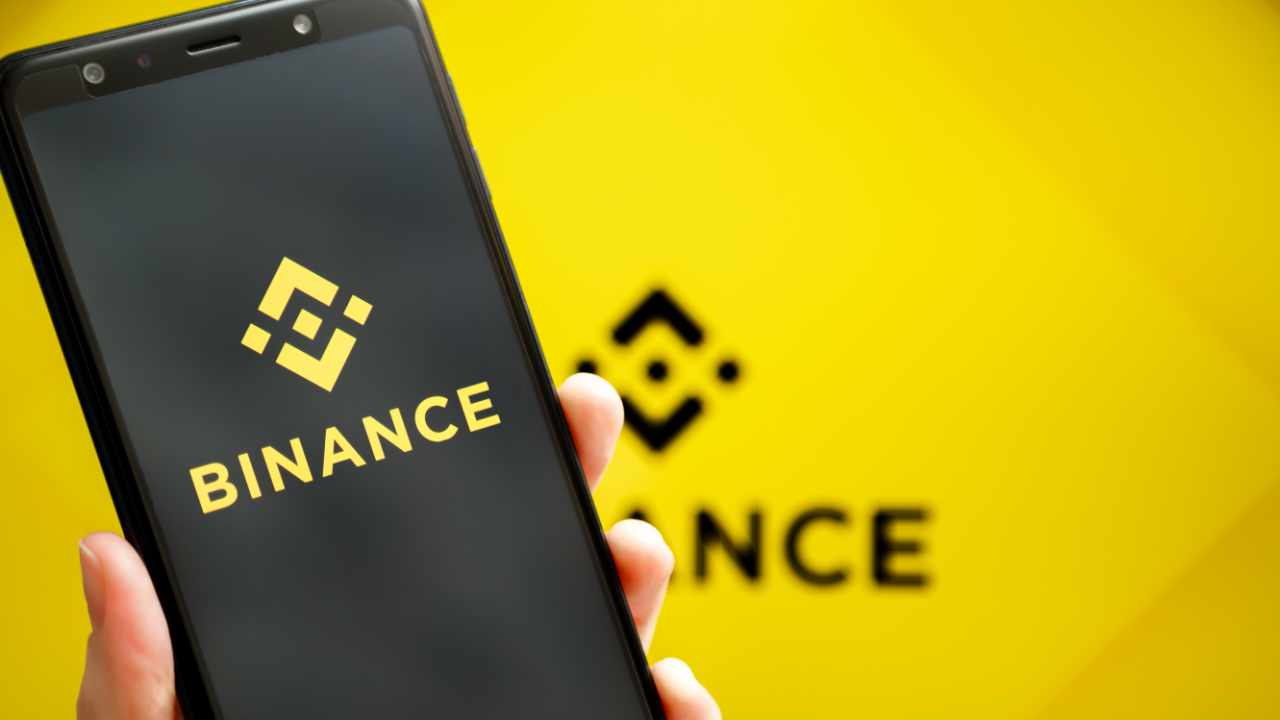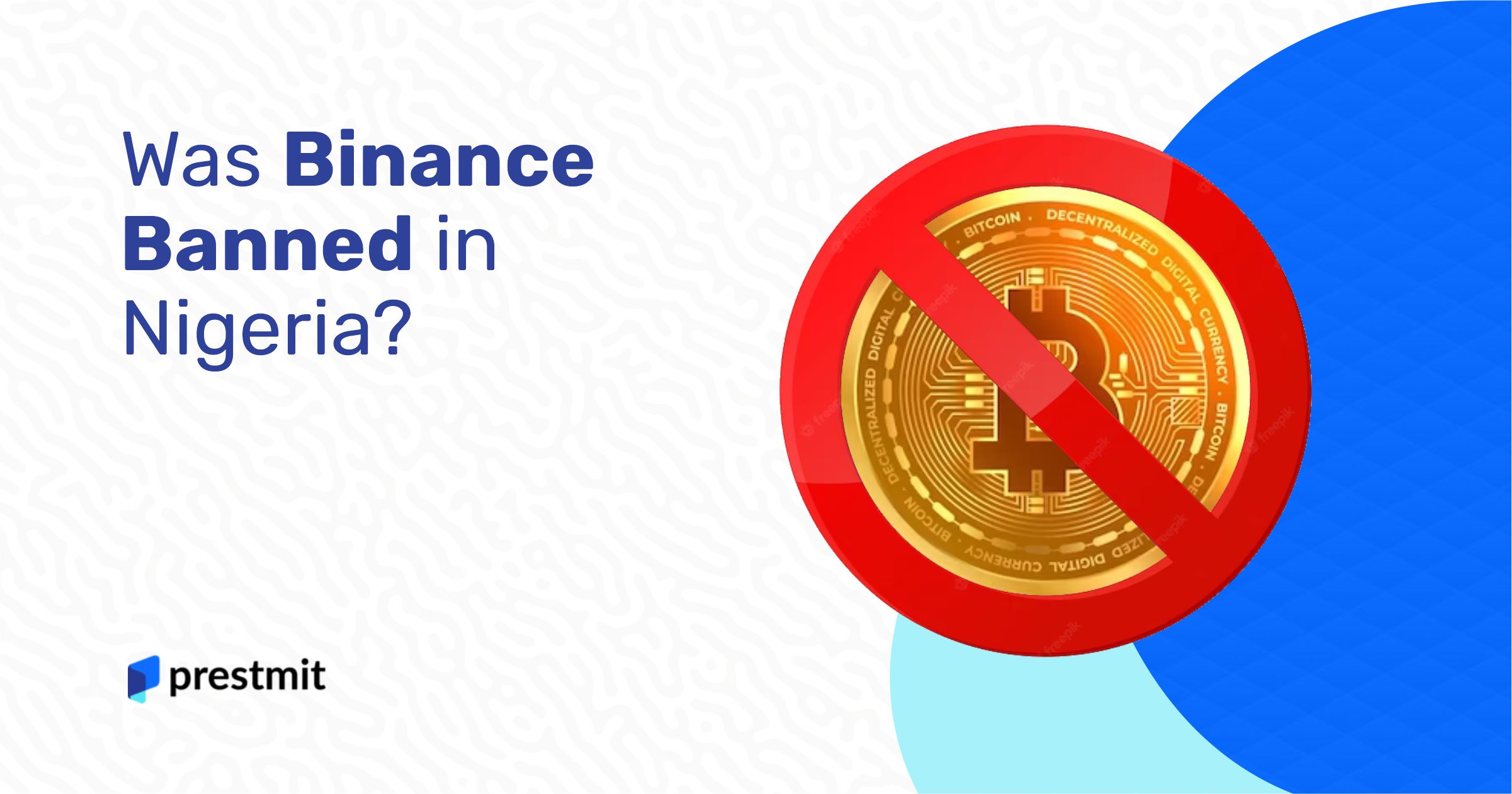Table of Contents
When the news of Binance’s supposed ban broke, the crypto space was agog with users eager to confirm or dispel the news. How? Why? When? Users wondered. Has the world’s largest crypto exchange in Africa’s biggest economy been banned?
Let’s go through the facts of the matter, the various regulatory wars behind the scenes, and how this affects you as a Nigerian crypto trader or investor.
Binance in Nigeria: Why It Matters

Before trying to understand the ban and how it affects you, how important is Binance in the crypto and financial space in Nigeria?
In the past few years, Nigerians have actively participated in the crypto market, especially within Africa. In 2023, Nigerians made up about 8.5% of Binance’s trading traffic in Africa, thanks to the over 3.2 million registered users in Nigeria alone.
Chainanalysis published on their website that Nigeria received over $59 billion in crypto value between July 2023 and June 2024, turning out to be the biggest crypto transaction in the entire Sub-Saharan Africa.
For a lot of users, Binance goes beyond being a mere trading platform, it represents hope for a better life in a country where all hope seems to have been lost.
The Regulatory Fallout: What Happened?
SEC’s Declaration Against Binance Nigeria Limited
On June 9, 2023, Nigeria’s Securities and Exchange Commission (SEC) announced that Binance Nigeria Limited had not been registered by Nigerian law and, as such, was not regulated. With new Nigerian crypto regulation policies popping up, the crypto market has been on the watchlist for a long time, and any platform with the slightest sight of fraud will be dismissed.
It was concluded by the authorities in 2023 that Binance’s operations were illegal, and they warned Nigerians to disassociate from the company.
A Nigerian SEC announcement published on the Bloomberg website claimed that Binance Nigeria Limited was not registered or regulated by the Commission, thus implying that its operations in Nigeria are illegal. The commission added that anyone doing business with Binance was doing so at their own risk.
Binance’s Response: A Denial and Distancing
In response, the global Binance exchange denied any association with Binance Nigeria Limited, noting that the company was a scam. On June 18, 2023, the global Binance exchange CEO Changpeng Zhao (CZ) made a tweet declaring Binance Nigeria Limited a scam entity and disassociated Binance global from it.
By distancing itself from Binance Nigeria, it was clear that while Nigerians can still access Binance.com, the supposed local branch has no relationship with the global brand.
Why Nigeria is Targeting Binance
A Currency Crisis and Crypto’s Role
Nigeria’s forex market has faced immense pressure since the naira has fallen by over 40% just in 2023. With many Nigerians jumping into crypto trading and more people already learning how to trade crypto in Nigeria, the market keeps getting crowded, and people are pulling out their funds from the bank and investing in crypto. The regulators figured that crypto platforms like Binance process over $26 billion in Nigerian transactions per month. This number came as a surprise to a lot of people, especially because there was a lot of work going on to stabilize the naira at the time.
Professor Uche Eke, a financial policy expert at the University of Lagos, explained that the regulatory scrutiny of Binance showcases deeper issues on cryptocurrency’s impact on monetary policy in Nigeria. When billions of dollars move outside the formal banking channels, it limits the CBN’s ability to control the naira.
CBN’s Crypto Stance
There was a CBN official statement issued to banks in 2021 after a ban was placed on crypto in Nigeria, instructing banks to not facilitate crypto-related transactions. Despite this, Nigerians continue to trade with crypto, especially young professionals and digital entrepreneurs.
It will be difficult to reduce Nigerians’ involvement in crypto trading even with more alternative crypto exchanges showing up online almost every year.
The Future Outlook for Binance in Nigeria
Binance’s global operations remain under intense scrutiny. In the U.S., Binance and its U.S. arm face a 13-count lawsuit for unregistered securities activities. Coupled with Nigeria’s rejection of Binance Nigeria Limited, the road ahead appears bumpy.
Could Binance seek registration under SEC guidelines and re-enter the Nigerian market? It could, but it would be difficult to gain the trust of the public, and regulatory approval will also be a problem.
Alternatives For Nigerian Traders
| Prestmit | Paxful | Quidax | |
| Features | – Offers crypto on/off ramp services.
– Bitcoin, Tether, Litecoins & Dogecoin are available. – Multiple payment options |
– Features P2P trading.
– Gives users a free digital wallet. – Built-in escrow to ensure trade satisfaction between parties. – Allows payment via multiple payment methods |
– Instant crypto trades.
– Multiple payment options. – Supports many cryptocurrencies |
| Benefits | – Ease of use.
– Speedy transactions. – Low transaction fees – High security |
– High security
– Speedy transactions – Ease of use |
– Great customer.
– Fast transactions. – High security.
|
Frequently Asked Questions (FAQs) About Binance Ban In Nigeria
Is Binance banned in Nigeria?
The SEC has banned all crypto exchange Binance Nigeria Limited activities because it is not registered and regulated. In a circular released on the regulatory body’s website, Nigerians were advised to stop every transaction with the exchange or do so at their own risk. The Commission has instructed Binance to refrain from asking the public to invest.
Is Binance still available in Nigeria?
Nigerians can access the platform but now do so at their own risk. Currently, no subsidiary follows the regulations in Nigeria.
Is crypto trading still legal in Nigeria?
Yes, even though banks are not permitted to process crypto transactions, Nigerians are still legally allowed to trade crypto. However, the platforms where these trades are done must obey SEC guidelines.
Final Thoughts
The problems that have come from the Binance ban in Nigeria show a clear conflict between innovation and regulation. While Binance Nigeria Limited is now blacklisted, the crypto revolution has not reduced even though there are rules that govern it.
Nigerian crypto traders have the responsibility to understand the do’s and don’ts of the crypto market currently, as this determines the safety of your investments.
Last updated on April 24, 2025

